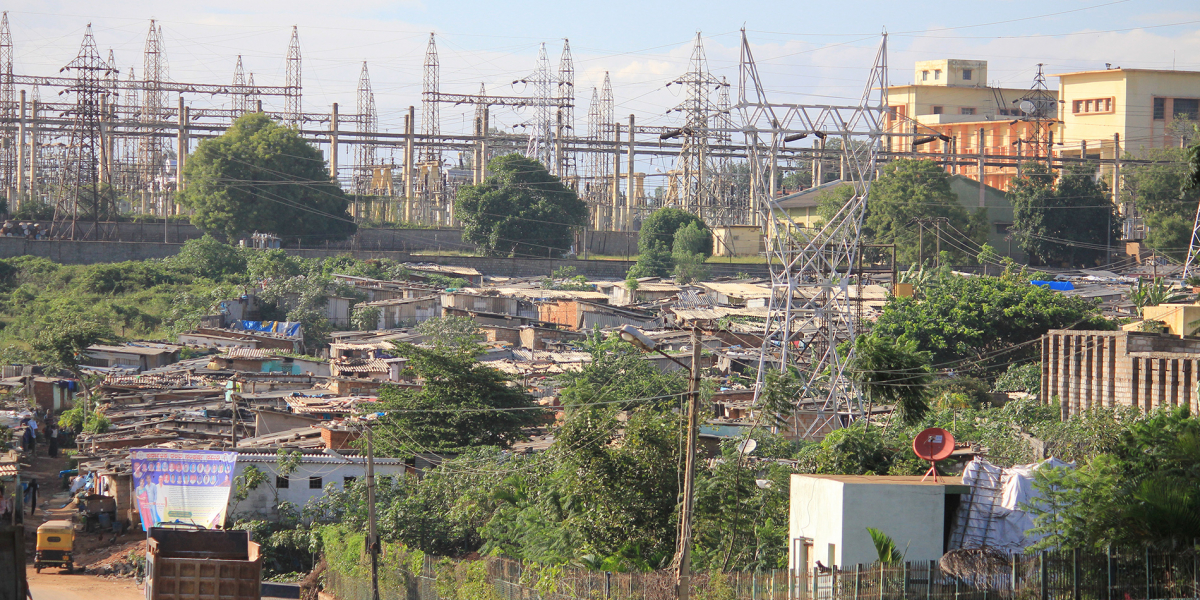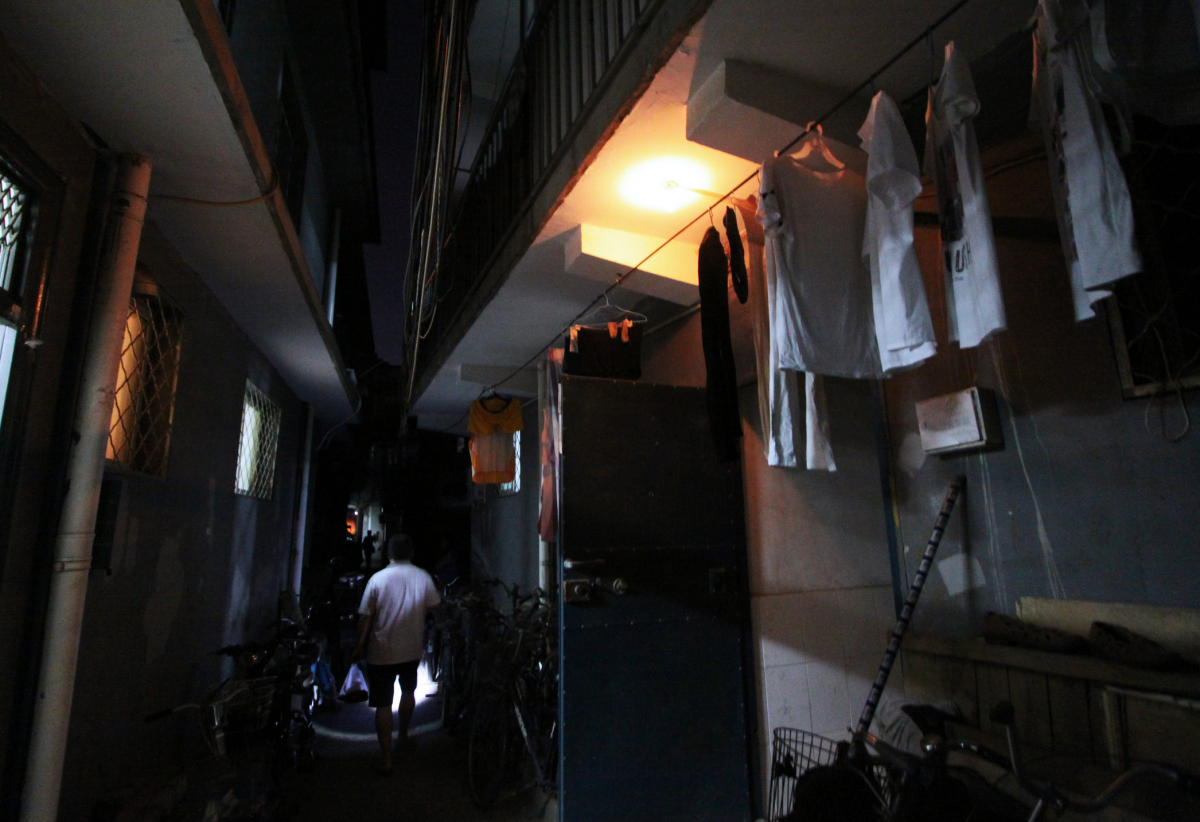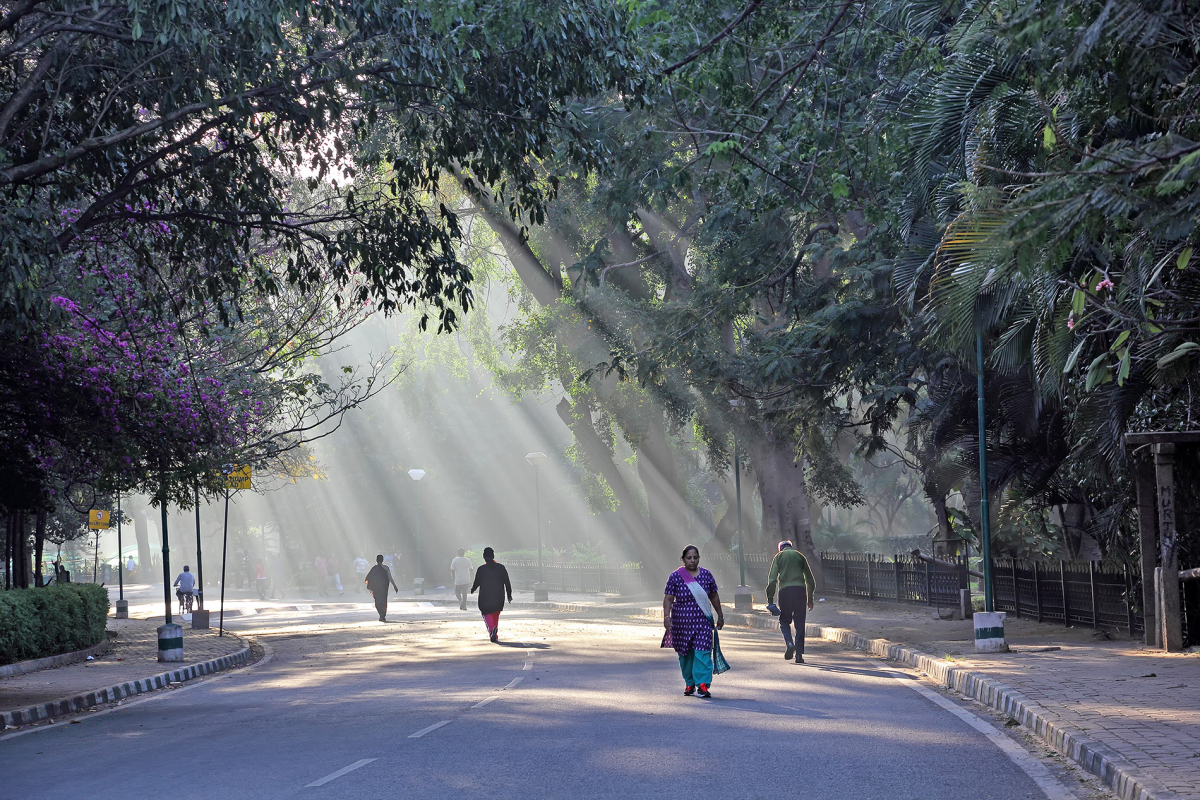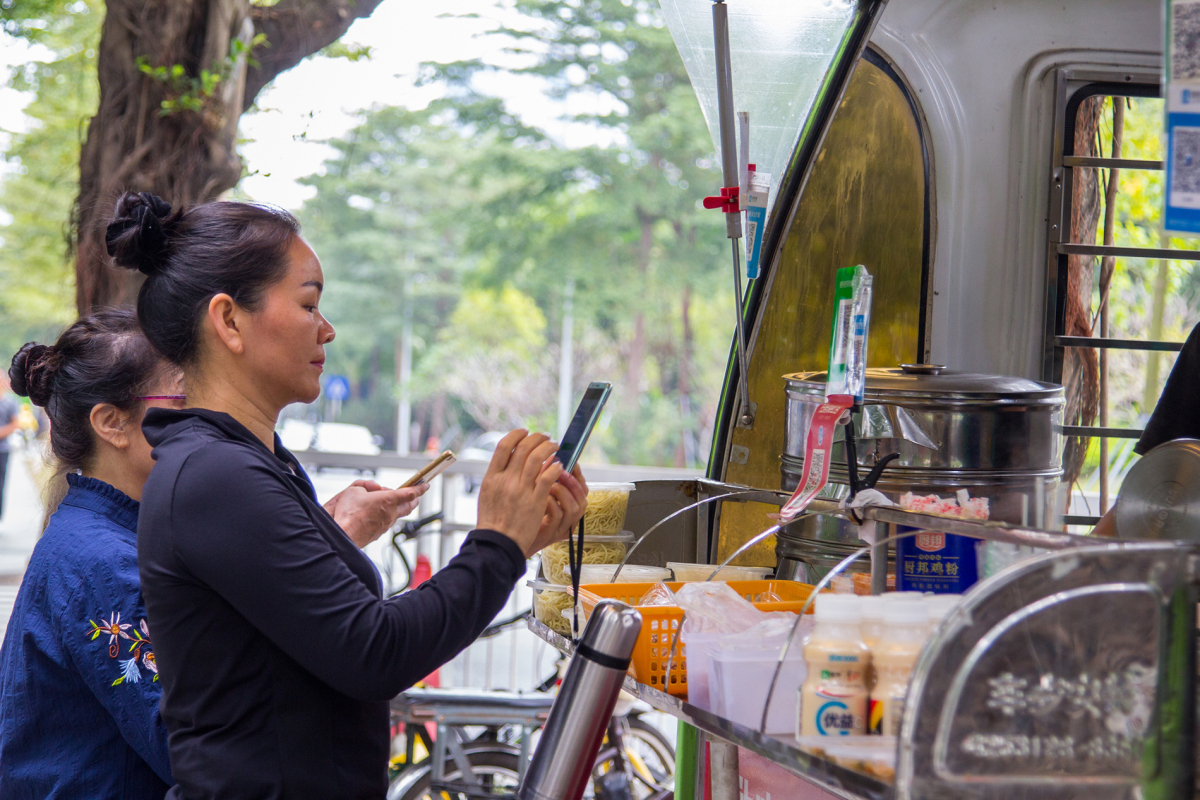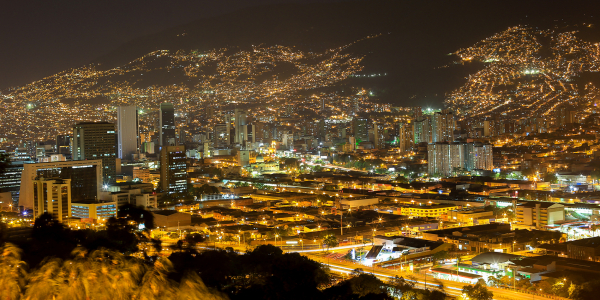Acknowledging that the concepts we explore cross multiple spheres and Sustainable Development Goals (SDGs), our wide-reaching research is presented under the following six themes:
Fundamental urban change depends on the institutional and political setting through which the city is constituted as an economic, ecological and social system of systems. The capacity of a city to drive urban change relates both to the ability of the city to generate revenues to safeguard public interest, and the common good. Urban transformation has the potential to capture value through combinations of systems of regulation, land use, and economic formation. Governance and law plays a central role in ensuring the efficacy of systems of access to land, development control, property rights; the informal and formal sectors of the city alike.
While growing cities offer many opportunities for employment and access to better services, they also pose unique health risks and challenges, as we saw most starkly in the COVID-19 pandemic. The healthy city is a key theme in the achievement of the SDGs, particularly because of its crossing-cutting nature, and the importance of working beyond the health sector and including urban planning, housing, sanitation, environment, and transport to ensure no citizen is “left behind”.
Part of sustainable urbanisation is viewing migrants not as an economic burden, but also as an asset to the economy, as countries need foreign workers to meet labour shortages. This also involves facing up to the challenges of a rapidly increasing population of newcomers and particularly addressing their housing and transport needs. Promoting active sustainable and affordable transport among urban migrants is crucial to achieve goals for low carbon cities and to build sustainable urban environments. Thoughtful recent transportation planning has resulted in far lower levels of congestion, which can improve income generation by freeing up time.
By 2050, urban infrastructure across the globe must accommodate 2.5 billion new city dwellers. Rapid urbanisation has already led to huge growth in informal settlements lacking infrastructure, which makes it hard to achieve many of the sustainable development goals.
In order to meet the global goals of sustainable development, cities will have to fundamentally shift developmental trajectories, and realign priorities to seriously address infrastructure, water, energy, and transport. SDG 11 calls for “new, intelligent urban planning that creates safe, affordable and resilient cities with green and culturally inspiring living conditions.”
SDG 8 calls for “sustained, inclusive and sustainable economic growth, full and productive employment and decent work for all”. As the economic hubs of most countries, cities will play a key role in the achievement of this goal. Yet currently, cities across the world, both in the global south and north are facing deep economic, social, environmental and technological rifts leading to huge inequalities and poverty.
Understanding informal cities, and the millions of lives lived within them, is fundamental to meeting the SDGs. Yet the diverse and dynamic nature of informal cities creates a huge challenge for large-scale data collection and analysis.
More recently, several innovative solutions for efficient and scalable collection of environmental, behavioural and other data have been reported, but to extract meaningful information from them requires collaboration across several scientific disciplines, with the active engagement of non-academic stakeholders.
